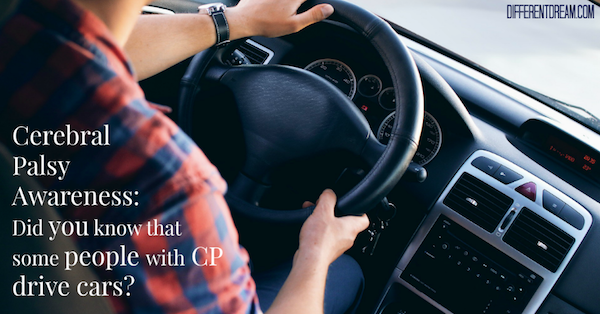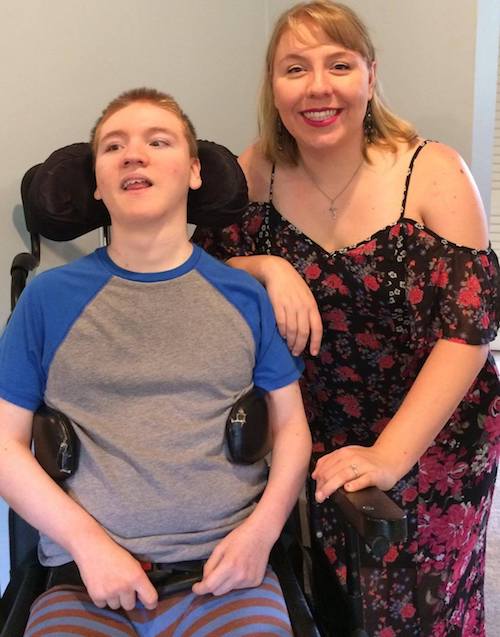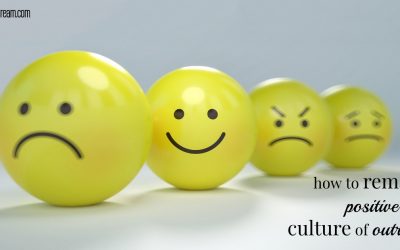Cerebral Palsy: A Message for You

Cerebral palsy (CP) is part of life for many Different Dream readers and their families. One of those readers. Today’s guest blogger, Lindsey Pasieka, is raising awareness about the condition as part of her advocacy efforts on behalf of her brother.
Cerebral Palsy: A Message for You
For those of you who may have missed it, October 6th was World Cerebral Palsy Day. World CP Day is a day to spread awareness about the #1 childhood motor function issue in the world. Cerebral palsy affects nearly 1 in 300 children.
People make a lot of assumptions about kids with CP. They assume that people with CP can’t think or learn. That they can’t grow up, or won’t grow up, because of their disease. And that even if they do reach adulthood, they will never be independent.
Over the past few months, I’ve been able to connect with a huge community of CP families online and it’s clear that those assumptions are often wrong. So here are a few things you might have never known about cerebral palsy.
CP doesn’t always imply intellectual impairment.
While some people with CP do have mental delays or deficiencies, there is a huge number of folks with normal cognition. Actually, many people with CP are intellectually gifted– I’ve connected with college grads, business owners, and even doctors who have a form of CP.
Cerebral palsy isn’t all the same.
There are 4 large groupings to distinguish the different types of CP: spastic, athetoid, ataxic and mixed. Each of those groups contains a myriad of symptoms and severities. Some people with CP may have multiple issues -added complications on top of their motor function deficits. The range is truly astounding, as is the range of capabilities. Yes, there are CP patients that are wheelchair bound and have almost no motor function control. There are also CP patients who wear high heels, drive cars or go jogging.
Lots of people with cerebral palsy live happy, independent lives.
That’s right. They don’t all stay with their parents forever or end up in long-term care facilities. Some may use assistive technology, which has come such a long way in recent years. Others won’t need it and are able to use medications or physical therapy to manage motor function issues. With some people, you might not realize that they even have CP.
But for some people, cerebral palsy is devastating.
I’ve spent a lot of time around World CP Day talking about the amazing accomplishments of people with CP. But those stereotypes, those assumptions you make, they are also someone’s reality.
Someone prays that their child lives past 10.
Someone sits by a hospital bed and refuses to go home.
Someone knows their kid won’t walk, or talk, or graduate.
When you meet someone with CP, the best thing you can do is enter the conversation with no assumptions. Let that person or their family tell you their story their way. Be supportive, and respectful. Pray by their side if they need it. Cheer them on as they accomplish things they never expected. And never let your preconceptions get in the way of connecting with another person. Thank you, and Happy (belated) World CP Day.
Do you like what you see at DifferentDream.com? You can receive more great content by subscribing to the monthly Different Dream newsletter and signing up for the daily RSS feed delivered to your email.

By Lindsey Paseika
Lindsey Pasieka is a writer and consumer advocate working with ConsumerSafety.org. When not working, she enjoys spending time with family and volunteering for animal rescue. She writes for Different Dream on behalf of her brother, who has cerebral palsy.
Subscribe for Updates from Jolene
Related Posts
Friend in Me for Kids with Disabilities
Friend in Me was created for kids with disabilities who would like to have friends their own age. Here’s how the kids in your life can get involved.
4 Ways to Strengthen a Marriage While Raising Kids with Disabilities
These 4 ways to strengthen a marriage while raising kids with disabilities are tailor made for our present caregiving chaos & pandemic combo.
Caregiving in a Culture of Outrage
Caregiving in a culture of outrage is hard for those who rely on social media parent groups for support. These strategies make it easier.






0 Comments